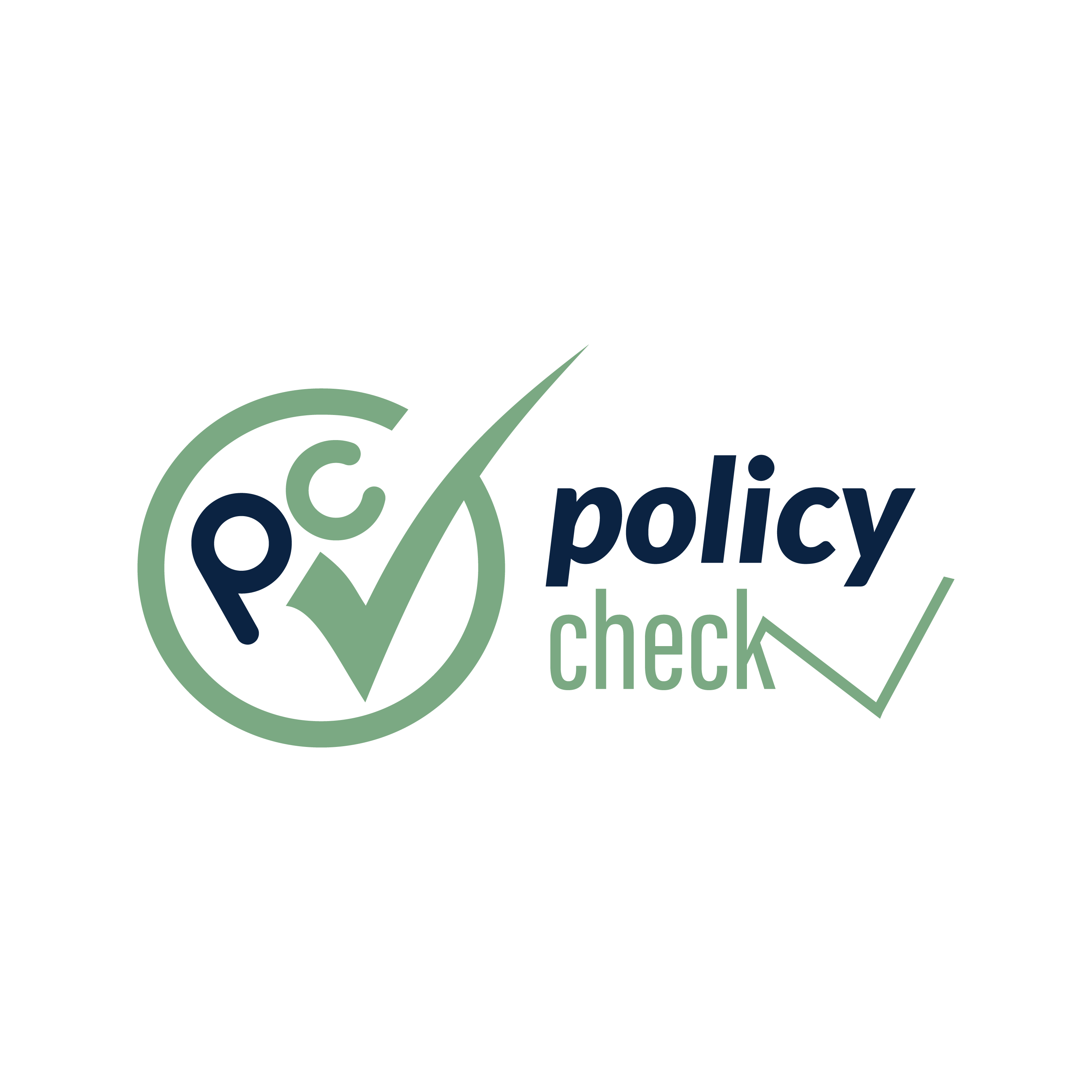Things to Consider When Deciding on Health Insurance Tax Deductions
They are a cause of tax loss that can be used as tax deductions to lower your taxable income hence costing you lesser. These deductions are aimed at helping people and families have access to affordable health-care plan but knowing how they are likely to work is the way forward.
What is the meaning of tax deductible?
A tax deductible process is one that you can deduct from the total taxable income meaning that the amount on which you pay tax is reduced. For health insurance, this often implies that the part or the whole of the amount you pay as the premium is eligible to be claimed on your tax return as itemised deductions.
Other Types of Health Insurance
That You May Pay from Pocket Coupons for Health Products and Services Health Care Products Catalogue Supplementary Health Care Products Catalogue Health Benefits Plans for Pennsylvania Coupons for Health Products and Services Health benefits that include accident insurance and group life insurance, may be included in a health insurance plan that a covered person may need to pay for from pocket.
The ability to deduct health insurance mostly depends on the type of health insurance policy that has been taken. Some of health insurance plans are as follows: A personal health insurance plan, employer offered health insurance plan and health insurance for small business professionals. Unfortunately, not all aspects of health insurance premiums are tax-deductible, so it is essential to be specific when it comes to the costs of each plan you choose.
Health Insurance Tax Deductions for Eligibility
Not all Americans are allowed to claim health insurance tax deductions because this can depend on factors such as employment status, and more to do with how your health insurance is paid for. It is important to be aware of what you are eligible for in order to get the maximum bang for your buck from your tax deductions.
The Law and Deductions for Self Employed Persons
The self-employed may be allowed to reduce their taxable income by the cost of health insurance for themselves as well as for their dependents. This is usually in three categories namely; yourself, your spouse and your dependent. However, such a deduction is conferred to the extent of the net business income you earn.
Employer-Sponsored Plans: Are They Deductible?
In most cases, those who use employer sponsored health insurance plans, the premiums are usually paid for through tax free dollars. This is actually, already reflected in the wages received hence additional deductions when filing tax returns may not apply.
Personal plans And Tax credits
Deductions for those buying own health insurance depend on whether one deducts or not on itemized deductions. In general, the expenses for health insurance can be deducted if the overall medical expenses are more than a definite percentage of the AGI.
This article covers the various methods through which one can enjoy the tax deductions on health insurance policies.
Applying for health insurance tax deductions means that you have to know the right thing to do as well as the paperwork involved in compliance with tax laws.
Filing Your Tax Return
It is only the taxpayer who will have to fill in the tax forms including Form 1040 and Schedule A in incidence the taxpayer intends to deduct health insurance tax expenses. The self-employed will probably employ schedule 1 to offset the deduction against the income.
Documents needed for deductions parallel to the rates of pay revert very many times when required to do comprehensive research.
It is good practice to keep records when making claims about deductions. Do not forget to get any evidence received for the payments made towards premiums, invoices, and any insurance documents. These act as a back up in case of an audit and guarantee proper reporting.
Top Myths about Health Insurance and Taxes
Is All Of My Premium Deducted?
The first myth that many people fall for is that the full amount that is paid to your health insurance premiums can always be claimed. This may be so if you work for yourself but is often contingent on whether you claim itemized deductions and whether sum total medical costs exceed a certain fraction of one’s adjusted gross income (AGI). This means that it is envisaged that there are rules that govern the situation for the individual.
Medical Expenses vs. Premiums
One of the areas that have received poor distinction is the difference between medical bills and premiums. Premiums are a direct price of keeping your health insurance policy active while medical expenses are monies you use when seeking health care services such as; copayment, prescription among others. Both can possibly increase your deductions but, they are governed by different rules under tax law.
Tax Deduction Limitations
The extent to which a business can allow their employees or whoever is using the medical expense deductions has some predetermined annual restrictions.
Allowable medical cost are moreover reduced by annual federal limitations characterized by the internal revenue service. Most of the Tax_reliefs are only allowed on amounts that are a prescribed percentage of the Aggregare Income. Understanding of such threshold is very important when planning on how to minimize the tax being paid.
Special Cases for Dependents
Suppose you were Offering Health Insurance to dependents – You might be asking whether the premiums paid where and when deducted? The answer is usually found in such questions as who is to pay the premiums as well as how the policy is to be developed. Relooking IRS guidelines for dependents can help to determine whether the dependents qualify for those tax benefits.
Advantages of Health Insurance Tax Deductions
Reducing Your Taxable Income
Health insurance tax credit deductions reduce your taxable income; this makes particularly reduce the tax rate you pay. This can lead to major reduction on taxes paid with more retained earnings for other financial needs.
Promoting Systematic System Healthcare
Through offering deductions to health insurance, the government makes it possible for individuals and families to afford to continue with their insurance cover. This goes along way in prevention health, as people are encouraged to go for checkups, and ailments detected early, thus eliminating cases of expensive emergency admissions.
Discovering taxation: taxation and the experts’ suggestions for the most effective
Keeping Accurate Records
Whether or not you intend to itemize deductions on your taxes, keeping a detailed record of these policies is the essential first step to take in order to get the most from your health insurance taxes. It is extremely important to keep paperwork in order; Receipts, insurance information, and letters that have been exchanged. Such preparation is important to ensure that you are prepared to back your claims for example during an audit.
Tax Advisory Services
Health insurance deductions tend to be quite complicated when it comes to tax and especially under a changing tax regime. It is best to consult a tax professional who can assist the client in choosing the most appropriate deductions for his case, guide the client away from potential errors that would cost him a lot of money and also enable the client come up with a plan together with a strategy based on the client’s financial position.
Conclusion
Claiming a deduction for health insurance taxes is one of the best ways of reducing your tax bill while still being able to cater for your and your family’s needs. It is advisable to keep abreast with what is eligible ready to maximize your dint of savings and benefits through record keeping and professional taxation advice.
This is a good way to boost the financial health and recommend preventive measures than scrapping together when it has become worse. If you get proper advice then you do not need to fret over the health insurance policies you’ve invested in and you can get a greater sense of financial security that you deserve.
FAQs
1. Is tax deduction on health insurance allowed for which category of people?
Some of the qualifications that may allow deductions by people who itemize their returns include being subject to a health-insurance premium, or any other medical expense that hits a certain percentage of adjusted gross income (AGI). People working for themselves may also exclude the premiums paid for health insurance, although they do not have to itemize their expenditures, on certain conditions.
2. Are all premium for health insurance adaptable for self-employed individuals?
Yes, self-employed people are normally able to offset 100% of their health insurance premiums which include spousal, family or dependent and children up to 27 years. However, the deduction is limited to the maximum of their net profit received from the business activity.
3. Is the contribution towards the employer sponsored health insurance premium a deduction?
If, for instance, your premiums are paid through your employer before tax, then the amount is not subject to taxation. Hence, these premiums cannot be claimed twice when filing for your tax return report.
4. What records should I retain in order to qualify for allowing health insurance deductions?
To support your claim you should keep records of the premiums paid and the amount spent on medical charges, receipts or invoices where necessary. They are helpful when supporting your claimed deductions especially when the IRS come knocking at your door.
5. Can a premium related to dental or vision insurance be matched against health insurance deductions?
Yes, premium payments made on dental and vision coverage are well recognized as qualifying medical expenses and can form a part of health insurance deductions under the same provided they meet the other requirements of the law.







